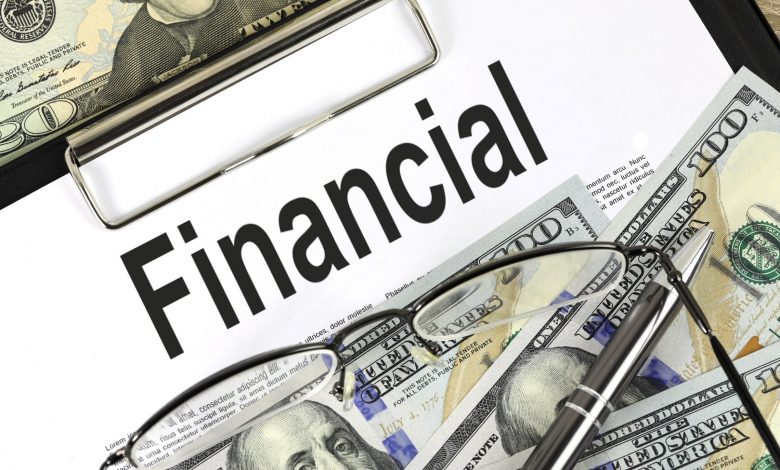What is the role of endorsers in financial securities and checks?

No one can just sign negotiable securities. The ones who can sign them should be authorized, and we call them “endorsers.” Endorsers sign the securities so they can transfer ownership from one entity to another. Sometimes, they sign to approve a contract’s terms and conditions. One of the most common example includes a check endorsement before being cashed or deposited. However, the endorser should do more than signing. He should also complete transactions trading financial securities or car titles.
Tell me more about endorsers.
What do endorsers do? People need endorsers for checks so they can cash, deposit, or sign it over to another person. Financial instruments or checks need to have signatures. In the case of checks, the signature should be at the back. So, what happens if the check was not appropriately endorsed? The bank might have to return the check to the person who issued it.
Proper endorsing
What is an appropriately endorsed check? A correctly endorsed check has a name signature on the back, and it should match the payee’s name that is written in front. But what if the payee’s name was misspelled? The endorser should sign it with the misspelled version. Also, it should be signed once again with the correct name. Checks usually come with an endorsement area. It is a small area where you are supposed to write. Since it is a designated area, keep your signature and any other instruction in that particular area as much as possible.
Endorsers can also choose a considerably easier way to endorse. They can simply put a signature without any additional signatures. But of course, if it is this easy, it should also come with risks. It is a method that we call “blank endorsement,” where the name is signed in the endorsement area. This method is actually dangerous, and it should only be done when depositing or cashing checks. If you are in a bank’s lobby or depositing at home, you can make a blank endorsement.
In another scenario where you should mail the check, hold it for a while, or deposit it in an ATM, you should not do a blank endorsement. Instead, you can leave the check without signature until the time of your deposit. You can also opt to add restrictions to the endorsement. Do not do blank endorsements because there is a risk that somebody might steal the check the cash or deposit it to another account.
Restrictive endorsements
We mentioned earlier that you could also add restrictions to your endorsements. If you do this, you can ensure that the check will be deposited into the rightful account. How do we do this? The endorsement should come with your account number and instructions stating that the money should only be deposited in your account.
Payees are also capable of signing checks over to another person. This will pay the person with the check received. Here is how you can do it: write “pay to the order of____” and place the name of the new payee. However, other banks may not accept this kind of endorsement because of fraud risks.
To cap it off
Endorsements are not always a must. Some banks will let you deposit checks even without signatures, account numbers, or anything we mentioned. If there is no endorsement, your signature and account number will not be visible unless the bank adds them in the process.






